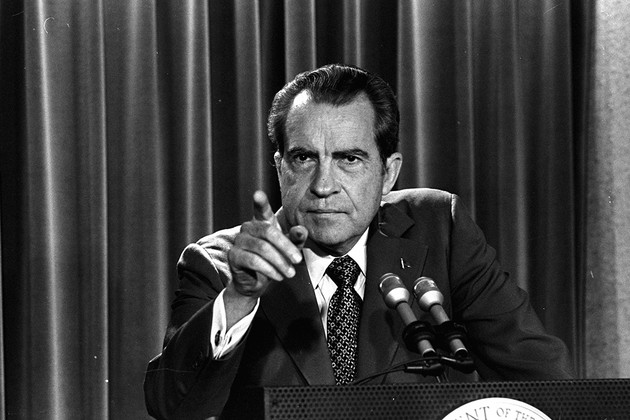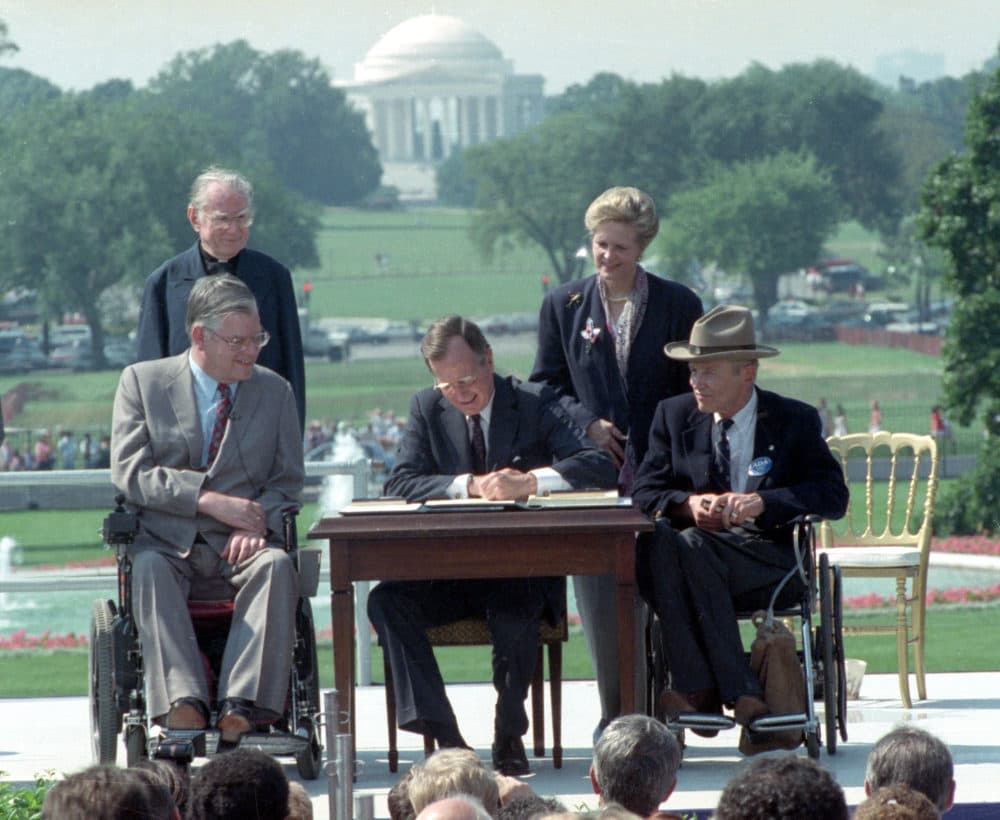Equal Pay Act of 1963:

Signed into law: President John F. Kennedy
Year: 1963
Shoutout to Winifred C. Stanley from Buffalo, NY. In 1944 she introduced a bill prohibiting discrimination in pay based on sex. It did not pass at the time but the issue of equal pay was revisited when the Fair Labor Standards Act was amended and the Equal Pay Act was passed.
The Equal Pay Act stated employers cannot give unequal wages to men and women working jobs that require equal:
- Skill
- Effort
- Responsibility
To note: This was one of the first federal laws in American history to address gender discrimination.
Other equal pay laws that were passed:
- Title VII of the Civil Rights Act of 1964
- Title IX of The Education Amendment of 1972
- Pregnancy Discrimination Act of 1978
- Lilly Ledbetter Fair Pay Act (1990)
BTW: Despite this being passed 61 years later, women still do not equal wages compared to their male peers. In the last two decades alone, we haven’t moved the needle much…
The best thing an HR team can do? Build a job level system with compensation bands to ensure you aren’t making inequitable decisions.
Occupational Safety and Health Act of 1970:

Signed into law: President Richard Nixon
Year: 1970
There were few workplace safety laws through the federal government in place before this act was passed.
The situation: In the mid 1960s there was an increased focus on the impact of chemicals on the environment. The environmental movement was picking up and becoming a social movement. The discussion about chemicals and their impact on the environment naturally turned to how chemicals can impact workers and their safety.
The importance: The passing of this law was an incredible milestone in American labor history as it gave the federal government authority to set AND enforce health and safety standards in workplaces.
With the passing of this law, the Occupational Safety and Health Administration (OHSA) was created. This federal agency became responsible for implementing and enforcing standards set by the act. On April 28, 1971 OSHA opened its doors.
April 28th is also known as Workers Memorial Day to remember workers killed, injured, or made ill on the job.
In the 50 years since the act was passed:
JOIN 130K+ HR LEADERS
Get insights, learnings, and advice on how to build companies and cultures that people actually love.
No spam. Unsubscribe any time.
- Standards for asbestos, lead and other harmful chemicals where created
- Whistleblower protections for workplace safety are created
- The US Supreme court ruled workers have the right to refuse unsafe tasks
- Worker protections for unprecedented challenges like the COVID-19 pandemic were passed
Additional reading: OHSA Law & Regulations
The Americans with Disabilities Act of 1990:

Signed into law: President George H.W. Bush
Year: 1990
The ADA prohibits discrimination based on disability.
It offers similar protections to Americans with disabilities as the Civil Rights Act of 1964 which covered race, sex, religion, national origin and later expanded to cover sexual orientation and gender.
However, the ADA also requires employers to provide reasonable accommodations to employees with disabilities and accessibility requirements on public accommodations.
Applies to: any employers with > 15 employees The importance: The ADA had a profound impact on the workplace as it requires employers to revisit their policies & procedures to ensure an accessible and equitable environment.
General requirement: employers must provide equal opportunity to those with disabilities when it comes to:
- Recruitment
- Hiring
- Promotions
- Pay
- Training
- Social activities
The importance: The ADA had a profound impact on the workplace as it requires employers to revisit their policies & procedures to ensure an accessible and equitable environment.
Additional reading: The ADA website has SO MANY resources.


